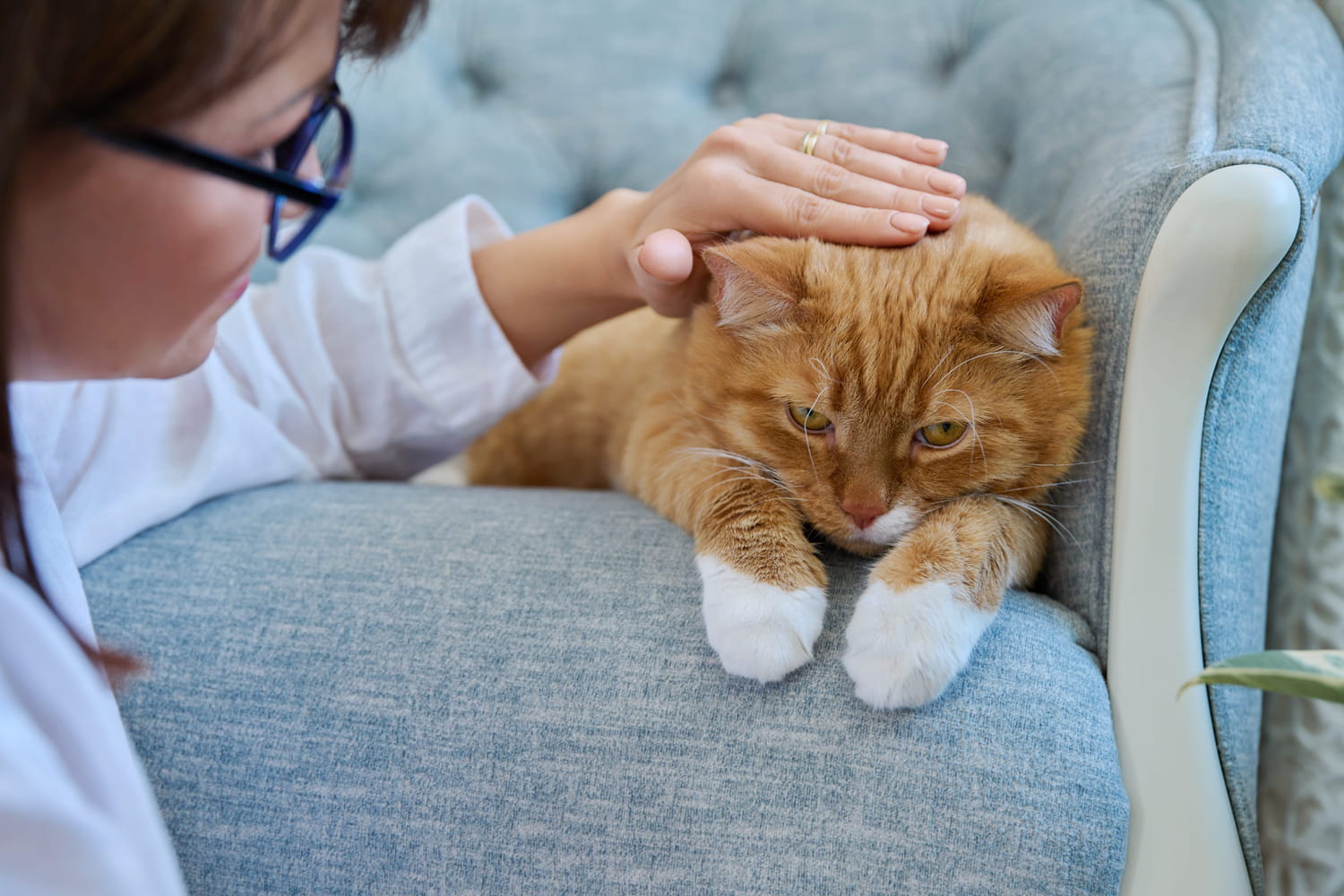Many elderly cats suffer without the diagnosis being made.
A cat that changes behavior should be watched. Especially when he aged. Certain signs, often attributed to aging, can hide a more serious reality: feline dementia or “cognitive cognitive dysfunction syndrome”. This neurodegenerative disease, comparable to human Alzheimer’s disease, has just been studied in detail by an international team from the University of Edinburgh. Researchers show that the brain of certain elderly cats undergoes alterations very close to those observed in humans with Alzheimer’s – and that these felines could even serve as a precious model for research.
Scientists examined the brain of 25 cats of different ages, some of which already had signs of cognitive disorders. The results published in the European Journal of Neuroscience reveal an accumulation of beta-amyloid, a toxic protein that agglutinates between neurons and disrupts their communication. This deposit is characteristic of Alzheimer’s disease in humans. The study also highlighted the presence of these deposits in the synapses by which the nervous messages circulate. Researchers observed that certain brain support cells “clean” damaged synapses. This mechanism is normal in young animals but, in elderly cat, it accentuates the loss of connections and memory disorders.
Researchers have also identified other typical markers of human Alzheimer’s such as brain atrophy and neuronal loss. These brain changes are translated into identifiable signs: the meowed cat or vocalizes more, seems confused, less social interactions, is lost in its familiar environment, sleeps at unusual hours. According to study authors, these symptoms must alert the owners, especially if they appear or intensify with age.
For veterinarians, recognizing these signs early is essential to improve the quality of life of the animal: home development, maintenance of stable benchmarks, gentle and regular stimulation. The authors also emphasize that the advances carried out in the experimental treatment of human Alzheimer’s could benefit from cats in the future. In the meantime, they recommend the masters to carefully observe the behavior changes of their pet and consult in case of doubt.








